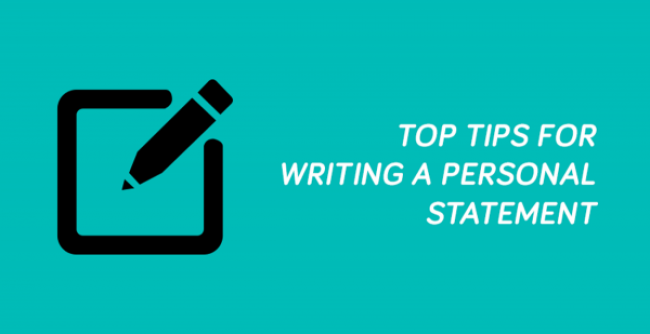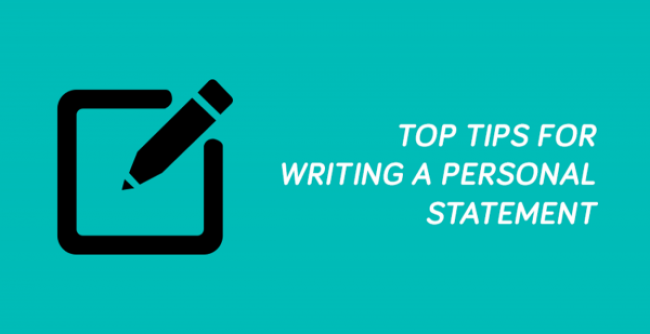The fall college application season is about to kick off, and rising seniors around the world are pondering topics for their personal statements. They all want the same thing – an essay that will help land them in their dream university. The Common App essay prompts, as well as the UC prompts, for the 2017-2018 application cycle have now been published. All of my students will have the final draft complete by the time the fall semester starts. If you are a student just getting started, below are 5 tips for crafting a stand-out personal statement.
1. This is your chance to showcase yourself.
The essay makes you three-dimensional: it is more than a few sheets of paper – it showcases your personality. It is your chance to show the university how awesome you are, how you are one-of-a-kind, and how lucky they would be to have you at their college.
Sometimes a “regular” event in your life can serve as a great essay topic. Often times, students try hard to think of monumental things that have happened to them and often get stuck on finding a worthwhile topic. The essay topic does not need to be monumental; it needs to be personal.
The topic you select for your personal statement should feel easy to write about and expresses something truly special about who you are as a person.
The essay is not the time to be modest. Now, I am not saying be boastful or arrogant. Use your story to highlight your good qualities.
2. Be Unique; be Memorable.
Keep in mind, each admission officer reads essays for eight to ten hours a day during application season. That’s a lot of essays!
In order for your essay to jump off the page and into the admit pile, it must be memorable. It must make them feel something. It must be personal.
3. Strong introduction, strong conclusion.
The opening paragraph must grab the reader’s attention. It must be riveting and leave them wanting to read more.
There are different elements to a strong opening; the “Why” ends the opening paragraph with the reader wanting more. They want to keep reading. Where is this story going?
The “Surprise” startles the reader, in a good way. Make them sit up straight and pay attention, make a statement that will compel them to keep reading.
The “Confession” reveals something personal about yourself, you establish trust with the reader. They become your confidant.
The closing paragraph is the second most important piece of your essay, right behind the opening paragraph. It must tie everything together.
Make reference to opening paragraph and main idea of the essay. Wrap it all together. Your story reaches its climax: the solution to your personal struggle. How did you cope? How did you move forward? How did you come out a stronger person as a result?
4. Make every word count.
“Show & Tell” The essay is a time to SHOW, not TELL. Many students spell things out in a blunt way in their essays. Instead, use your story to communicate the message you want the admissions staff to hear. Paint a picture with your words.
Be sure to use action words and descriptor words; dust off the thesaurus if you need to. “She walked through the woods” is boring, when compared to “she wandered through the verdant, sun-dappled forest.” All those sentence structure lessons from English class will come in handy now – verbs and adjectives can bring your story to life.
On that note; also make sure you’re certain of the meaning on each word you use. There’s no shame in using a dictionary every now and then.
5. Spell-check and Grammar-check.
This sounds obvious and self-explanatory, but don’t underestimate this part. To an admissions officer, few things will derail your narrative faster than a page rife with misspellings, poor grammar, and improper punctuation. To trained eyes, these typos are “speed bumps” in your story. They will undermine your credibility in this situation.
Remember: admissions officers read hundreds, if not thousands, of applicant essays each year. Typos are one quick way for a submission to land in the reject pile. Make the appropriate effort, and demonstrate your respect to the faculty of your prospect college, by taking the time to proofread and edit your essay. The admissions officers need to see that you are taking this process seriously.
- BY KRISTEN MOON*
About the author:
Kristen Moon is an independent college counselor and founder of MoonPrep.com. She specializes in Ivy League, BS/MD Programs, and International Students.





